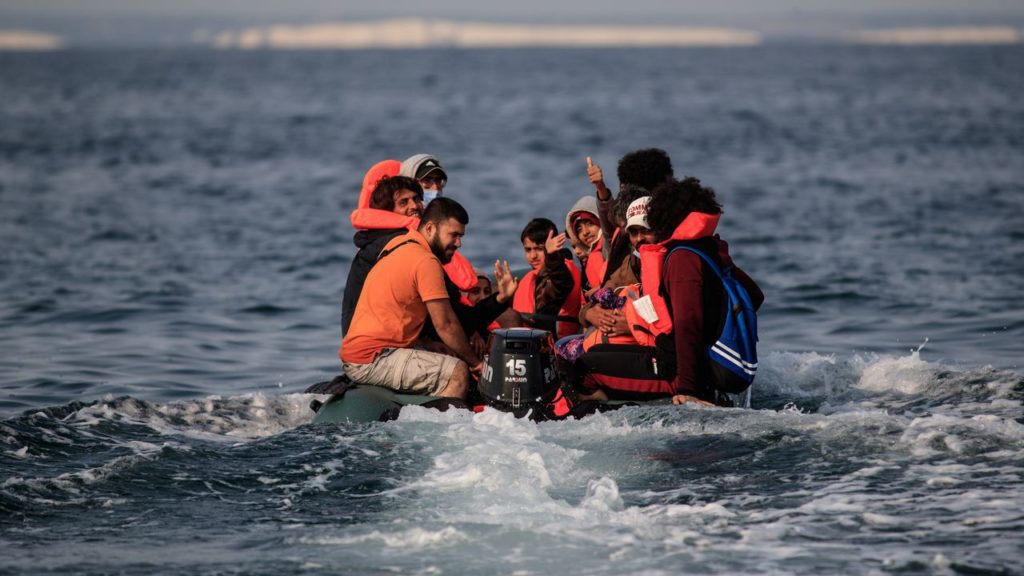The governor of West Flanders province has called for thermal cameras to be installed along the entire shoreline to detect the presence of migrants heading for the United Kingdom.
Governor Carl Decaluwé’s province includes the entire Belgian coast, which is experiencing more activity by migrants trying to reach the UK. The problem is becoming more acute as the French authorities step up their activities as the number of migrants is increasing.
Decaluwé’s plan would involve the installation of four or five heat cameras capable to covering the whole shore as well as the sea to a distance of 35km. The cameras would be calibrated to detect humans, so as not to register the ‘interference’ caused by birds or other wildlife, like seals.
At present, an estimated 1,500 people a week make the attempt to cross the sea to Britain, either from France or from Belgium. Not all of them make it, as the flimsy rubber dinghies washed up on the beaches of the Kent coasts attest.
Those who embark from France, where the crossing distance is shorter, are often transported first by lorry through Belgium to the coast, where they are loaded into vans and taken to France, given a boat and a life jacket and left to their own devices.
"The cameras can be used for all kinds of purposes," Decaluwé explained to the VRT.
"Customs officers and the federal police can also use them in the fight against drug trafficking at sea. These thermal cameras can also be useful for the Maritime Rescue and Coordination Centre, which is often confronted with smaller boats at sea, which cannot be seen on the radar."
Last year a test project at De Panne in the extreme south-west corner of the coast proved the utility of the cameras. One camera was installed with a view to catching people traffickers. Two boatloads of migrants were able to be saved.
The cameras, however, cost in the region of €300,000-€400,000 each, and Decaluwé is asking Flanders and the EU to contribute.
"This will really increase safety,” he said.
“Gone are the days of patrolling the beach. We no longer have the manpower for that. So we have to solve the problem in a different, more innovative way. As governor I want to feel free to coordinate that."

